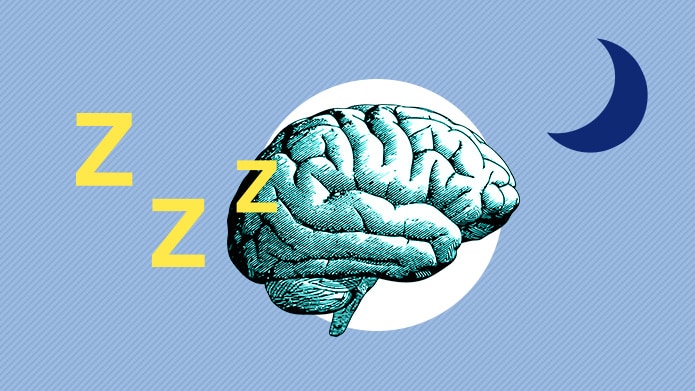Among older adults, persistent and worsening sleep problems may increase the risk by nearly 30 times of developing major depression, new research suggests.
The study, released in the peer-reviewed journal Sleep, was conducted by the Johns Hopkins Bloomberg School of Public Health.
According to the findings, the data of 20 primary care practices in the state of New York and Pennsylvania were analyzed for any correlation between worsening sleep problems and depressive disorders among older adults with depressive complaints at one-year.
After examining the 599 older adults from more than a dozen primary care practices, researchers concluded that the participants with worsening sleep problems were at a significantly higher risk of diagnosis with clinical depression at one-year. Those same participants were half as likely to re-exhibit depressive traits.
In light of these findings, researchers suggest that the pattern of sleep disturbances occurring over time could serve as a crucial sign of exploration for primary care physicians treating older adults with depression.
“We can’t say that the sleep disturbances we’re seeing are necessarily causing the poor depression outcomes,” said Adam Spira, co-author of the study.
“But the results suggest that older adults who are being treated for depression and whose sleep problems are persistent or worsening need further clinical attention.”


